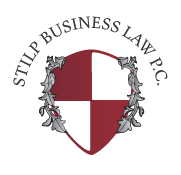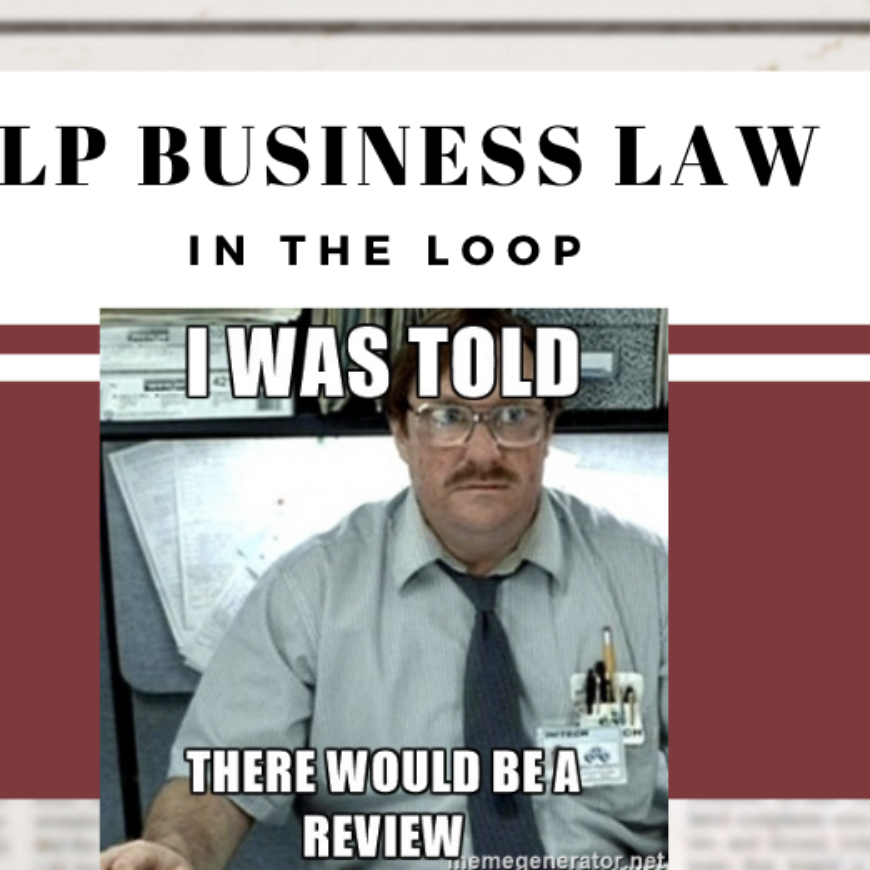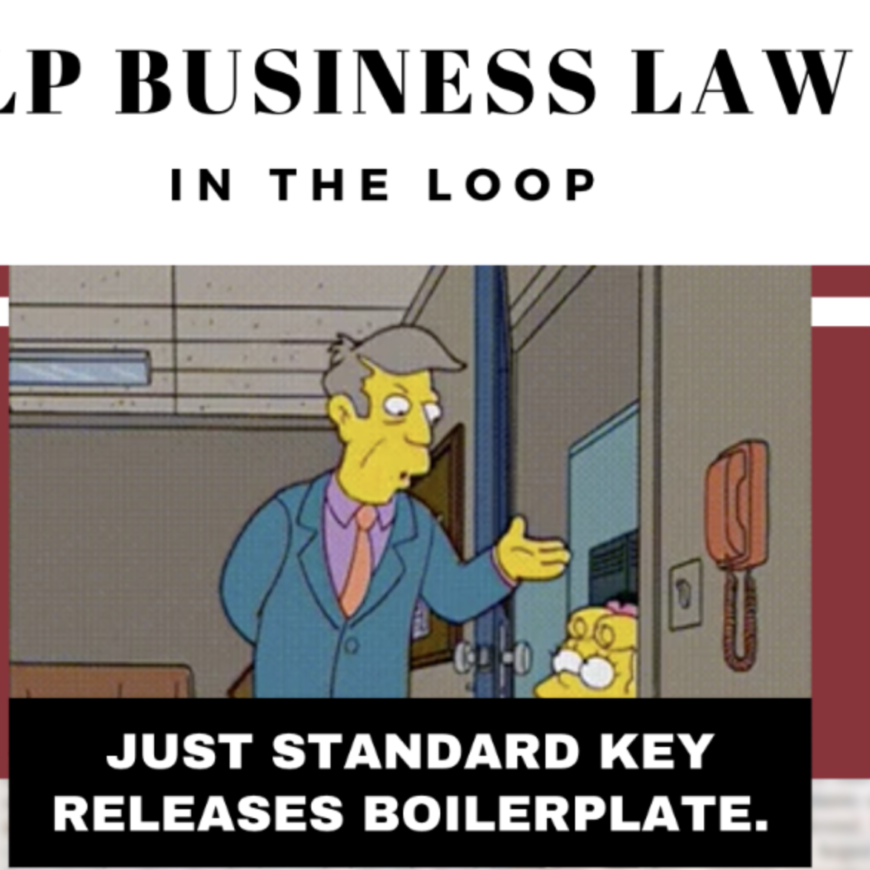Thomas Stilp, JD, MBA/MM, LLM, MSC
Years ago, as a young attorney while working at “big law,” I was asked to help a senior partner represent an important client for the firm. The client’s case was scheduled for a settlement conference before a federal magistrate judge.
Except in a general sense, I did not know what a settlement conference would involve, much less how a settlement conference would be conducted before this particular Magistrate.
I contacted the Magistrate’s Clerk to get a copy of the Judge’s “Standing Order” on settlement conferences, along with any advice or suggestions for the settlement conference. I was sent some information. When I read the Judge’s “Top 10 Ways to Prevent Settlement” Memo, I was struck by its simplicity.
A settlement conference, for those who might not know, is a process where the parties try to reach a voluntary resolution of a dispute that is pending either in state or federal court. I have taken over 150 cases to trial, small and large, state and federal, civil and criminal, bench or jury, but the truth is that the vast majority of my cases get resolved without a trial.
Consider that the law, in the form of a decision (or verdict) following a trial, is an obligation backed by a government sanction that compels a result in a case. A settlement, however, is an agreed-upon, voluntary resolution between the parties themselves.
The reason why the majority of cases settle is pretty straightforward – people like to control their own destiny, and do not want a judge, or a jury, forcing a decision upon them through the law.
Years later, now much more experienced (and older), after probably hundreds of settlement conferences, I am still struck by the simplicity of the Magistrate Judge’s Memo, and thought his advice would be helpful to share.
The Magistrate Judge’s Memo is reprinted below.
By U.S. Magistrate Judge Morton Denlow
I have found that parties successfully avoid settlement when they engage in the following behavior:
1. Insult opposing counsel and the client at the settlement conference (e.g., accuse them of lying and cheating).
2. Fail to bring a party representative with full settlement authority (e.g., bring a party representative who has no authority beyond existing offer).
3. Spend more in legal fees than is involved in the case (e.g., come to settlement conference having already spent $75,000 in fees to defend $30,000 claim).
4. Put your own interest in attorney’s fees ahead of your client’s interests.
5. Refuse to make any settlement demand or offer.
6. Pull your settlement demand out of thin air without a factual or legal basis for it (e.g., demand $1,000,000 in settlement when maximum statutory recovery is $300,000).
7. Raise your demand or lower your offer at the settlement conference (e.g., announce at the beginning of the settlement conference that your demand has now increased from $25,000 to $100,000).
8. Announce at the beginning of the settlement conference that you have no interest in discussing settlement until after judge has ruled on the summary judgment motion which you intend to file.
9. Show up at the settlement conference without first looking at the file.
10. Fail to show up at the scheduled settlement conference.



